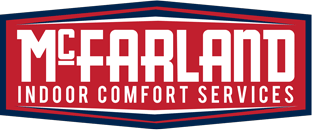Are Boilers Dangerous?
Boilers are the unsung heroes of many homes and industries, quietly providing warmth and hot water without much fanfare. These essential appliances work tirelessly to keep us comfortable, but like any mechanical device, they require proper maintenance to ensure they operate safely and efficiently. Safety First: Maintaining Your Boiler Boilers are generally safe when maintained properly. Regular servicing by a qualified technician can help identify and address potential issues before they become serious problems. Here are some key maintenance tasks: 1. Annual Inspection: Have a professional inspect your boiler annually to check for leaks, corrosion, and other issues. 2. Clean the System: Regularly clean the boiler and its components to prevent the buildup of dirt and debris, which can affect efficiency and safety. 3. Monitor Pressure and Temperature: Keep an eye on the boiler’s pressure and temperature gauges to ensure they’re within safe limits. 4. Check for Leaks: Look for any signs of leaks, such as water pooling around the boiler or dripping from pipes. Potential Dangers of Neglecting Boiler Maintenance While boilers are generally safe, neglecting maintenance can lead to various dangers, including: Carbon Monoxide Poisoning: A faulty boiler can produce carbon monoxide, a colorless, odorless gas that can...
View Article